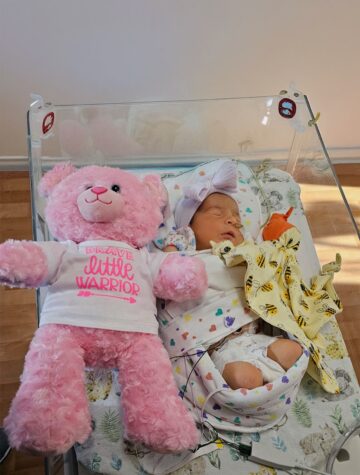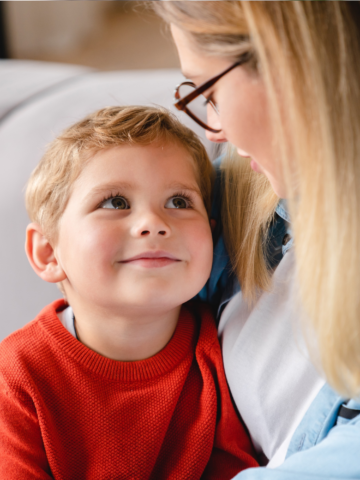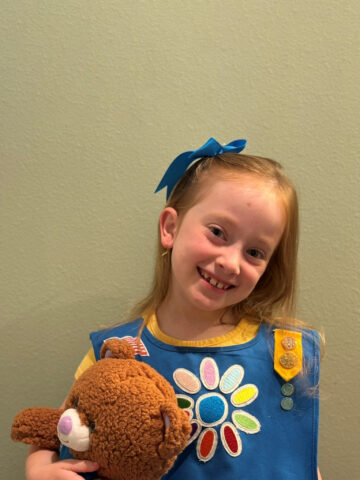After a normal pregnancy and healthy delivery, Trinity was diagnosed at birth with cleft lip and palate, birth defects that occur when a baby’s lip or mouth do not form properly during pregnancy.
Her parents, Krisha and Jason, didn’t know much about these conditions at the time. They were quickly referred to the CHOC Cleft and Craniofacial Program, which includes a team of multidisciplinary specialists including plastic surgeons, otolaryngologists (ear, nose and throat), dentists, and more. Krisha and Jason relied on their CHOC team for help, education and resources regarding their daughter’s diagnosis.
Trinity underwent her first in a long series of surgeries when she was just 10 weeks old. Although it’s been a decade since that day, her parents still remember waiting for Trinity to emerge from that first surgery.
“In that first surgery, minutes felt like hours,” says Krisha. “Having to give up your 10-week-old baby knowing that they’re going to look different when they come out—it was a scary situation.”
Although Krisha and Jason knew their little girl was in good hands at CHOC, they were understandably worried about her surgery. What helped was memories of Jason’s own experience as a CHOC patient when he was a child.
“It’s been over 30 years since I was a CHOC patient, but I still remember that CHOC took really good care of me,” he says. “Even then, I remember CHOC being a really neat place. It’s so family-oriented.”
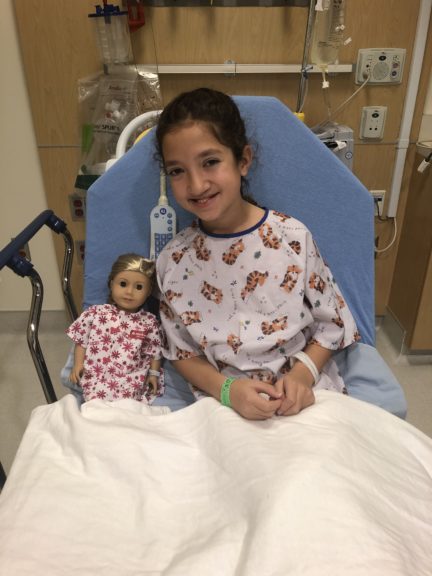
Over the last ten years, Trinity has returned to CHOC for more surgeries, check-ups and other care. This has included surgeries to improve the appearance and function of her lip and palate, multiple ear tube procedures, and a palate expander. She’s also undergone multiple bone grafts where bone is taken from her hip and grafted into her mouth and gum line. She has had multiple ear tube procedures, a palate expanded etc. Future surgeries include jaw surgery, nasal surgery, orthodontia, and potentially additional lip and palate repairs.
“People assume that cleft lip and palate is just a cosmetic deformity, but it’s so much more than that,” Krisha says. “Trinity sees a wide variety of specialists, including a craniofacial plastic surgeon, a craniofacial orthodontist, an otolaryngologist (ENT), a speech pathologist, an audiologist, and more.”
Becoming part of her own care team
As Trinity has gotten older, she’s taken a more active role in her care—especially when interacting with Dr. Daniel Jaffurs, medical director of plastic surgery and craniofacial services at CHOC.
“Dr. Jaffurs acknowledges Trinity first when he walks in the room, before he speaks to us as parents. He explains everything on her terms, and then he will address us as parents.”
This confirms to Krisha that Dr. Jaffurs knows that Trinity is the most important person in the room and has helped foster the bond between doctor and patient.
“Dr. Jaffurs is my favorite doctor,” Trinity says. “He’s really nice. When I was little, I was afraid of doctors, but I’m not afraid anymore.”
A lifelong love of music
Children with cleft lip and palate often have trouble speaking clearly because the structure of their mouth and nasal cavity makes it hard to produce certain sounds. Although Trinity underwent speech therapy when she was younger to normalize her communication abilities, anytime she sang, it always came out clear. She also taught herself to play piano when she was just 8 years old.
“Whenever I have surgery and I don’t feel good right after, I put on music and then I start to feel like my normal self again,” Trinity says.
Always the performer, Trinity also participates in school musicals and dreams of being a professional musician someday.
A budding advocate
Trinity has become an advocate for other craniofacial patients.
“She’s always made her story known,” says Krisha. “She’s had situations in school where other kids ask questions about how she looks, and instead of getting mad, she brings in her baby book and says, ‘I’m going to tell you why I’m different.’”
Before performing a song at an annual picnic that brings together craniofacial patients and families, she gave an impromptu speech about confidence to the 400-person crowd.
“If someone makes fun of you because of how you look, get back up again and don’t let them bother you anymore,” she told the crowd. “You are special, and you were born exactly who you were supposed to be.”
This message was in line with what her parents have been telling her since she was born.
“I never wanted her to forget where she came from,” Krisha says. “Even though she was undergoing all these surgeries, I wanted her to know that she was beautiful and perfect the way she was born.”
Trinity continues to increase craniofacial awareness in her community. She often shares her story with her classmates and once even spoke to her school board about her surgeries.
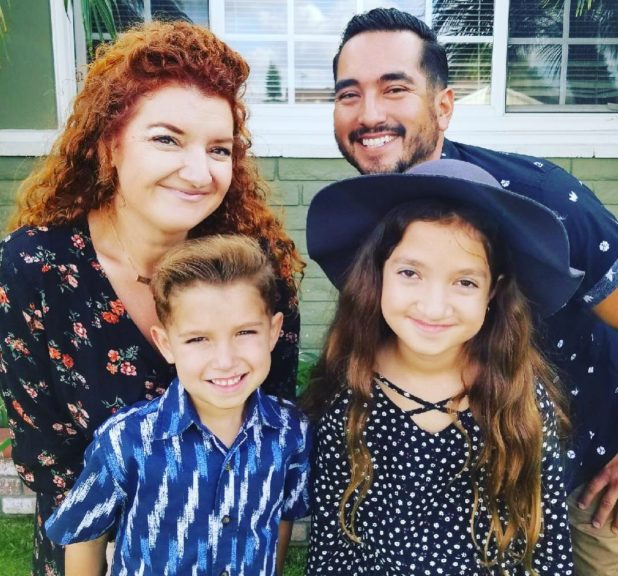
Trinity and her family find value in connecting with other craniofacial families. Their decade-long relationship with CHOC’s craniofacial team has given them an inside look on how CHOC and the department have evolved.
“The craniofacial program at CHOC has grown so much in the past 10 years. It’s incredible to see what they can do,” says Krisha. “This program has changed our lives for the better.”
The importance of community support
Support from their community means the world to Trinity and her family.
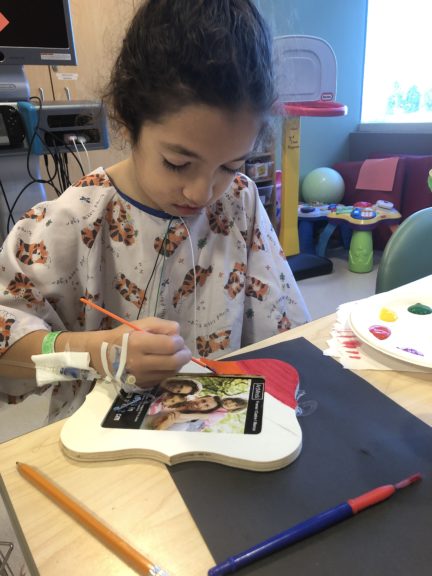
“Donors have a big role. They help CHOC be up to date on everything,” says Jason. “CHOC is constantly evolving and in terms of the latest technology and procedures. It’s neat to see everybody coming together to make all this accessible for families like us.”
To Trinity’s family, CHOC is an essential part of the community.
“It changes families’ lives,” says Krisha. “It definitely does. It changed our lives.”
Trinity plans to keep on singing, inspiring others and returning to CHOC to continue her treatments.
“Hands down, CHOC makes everything better,” she says. “CHOC is the friend you never knew you had.”

